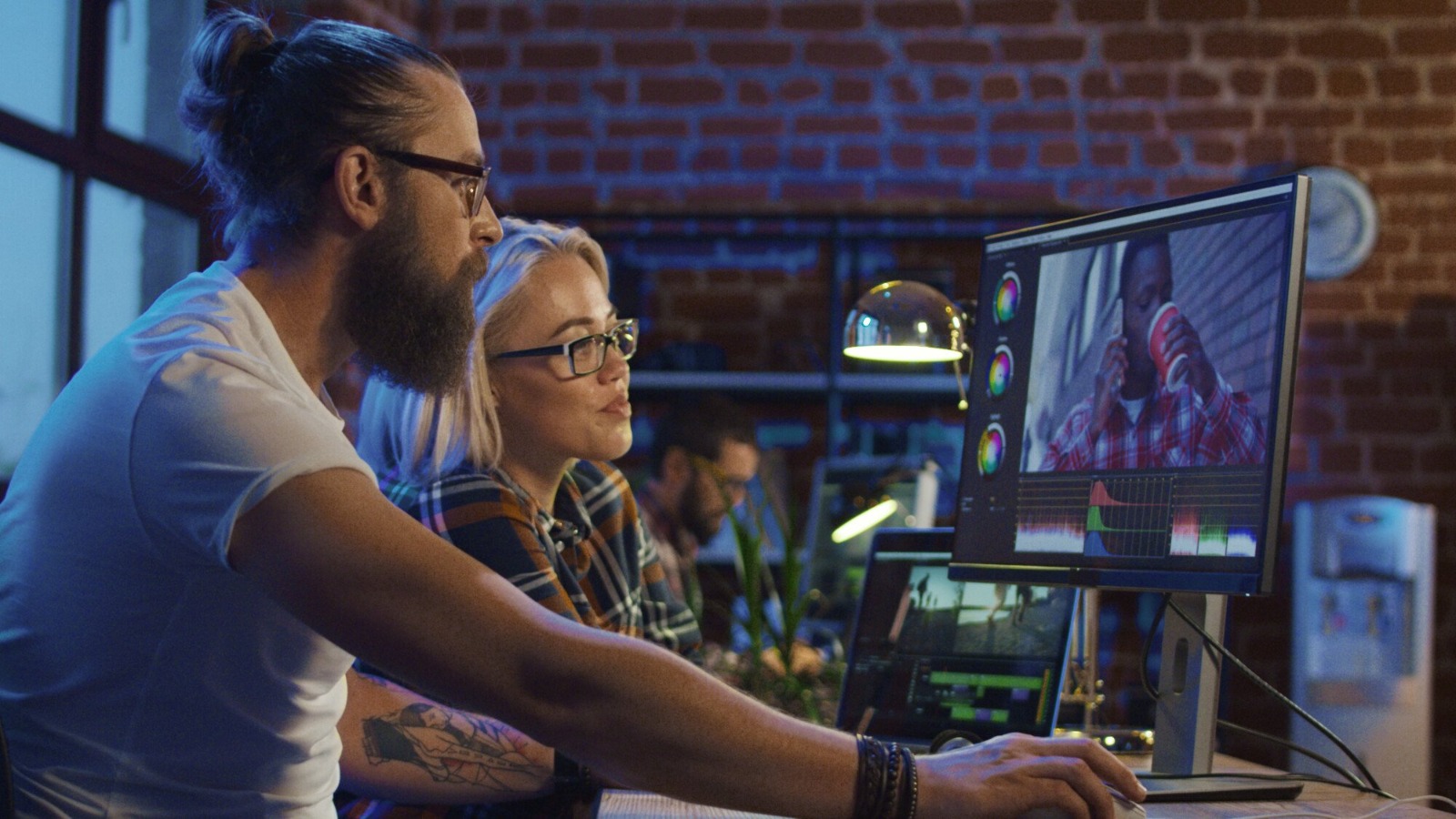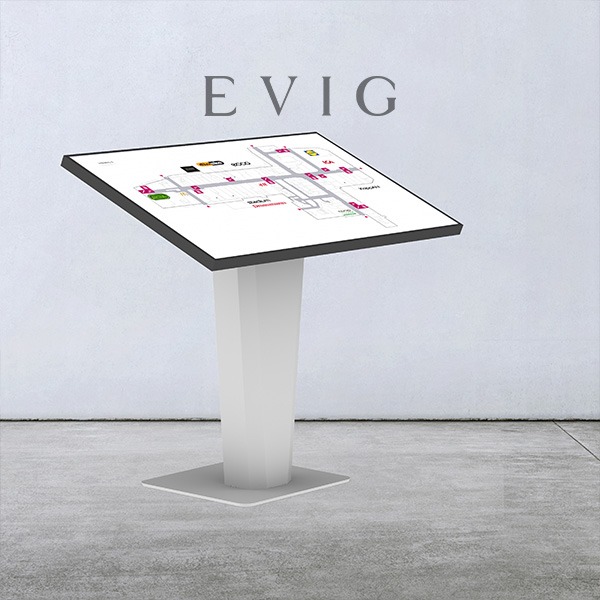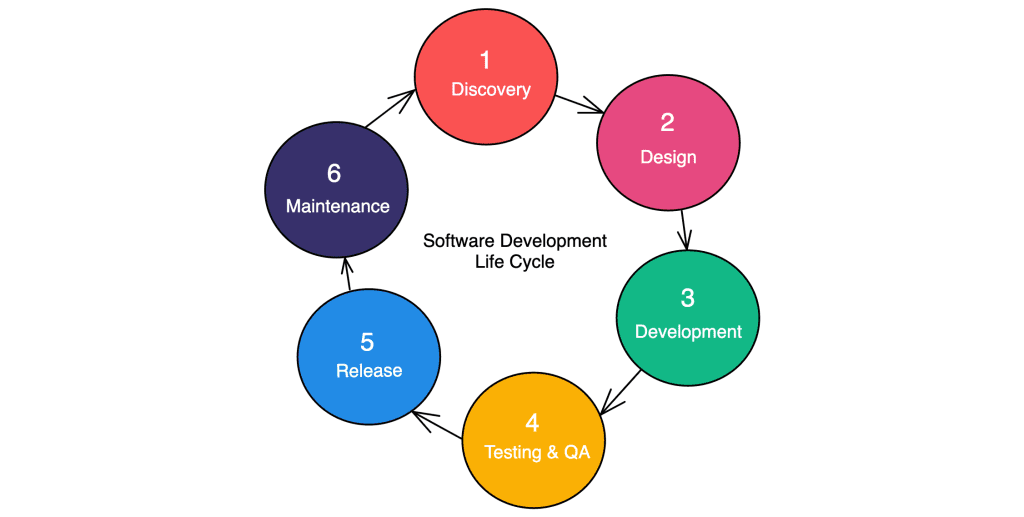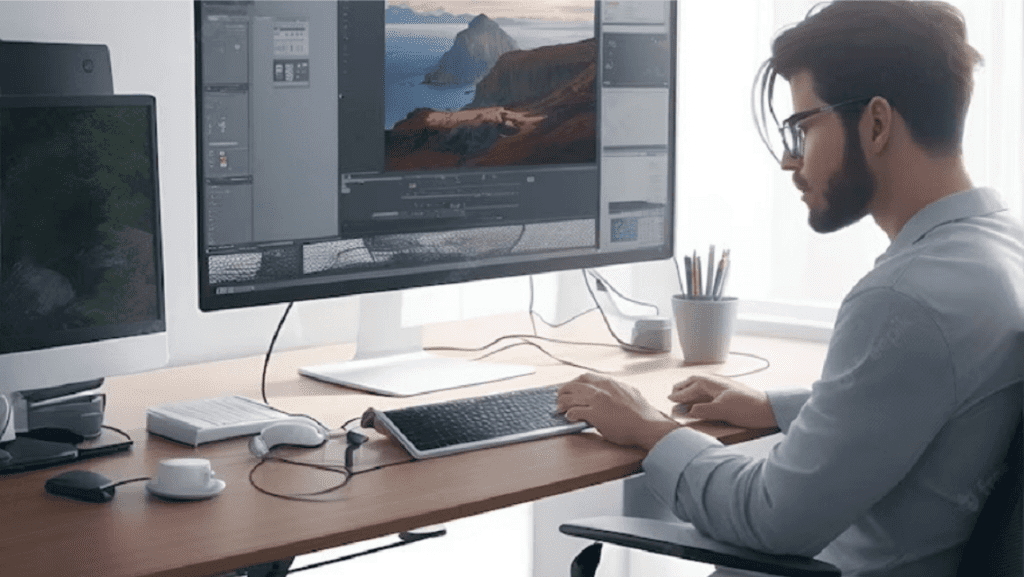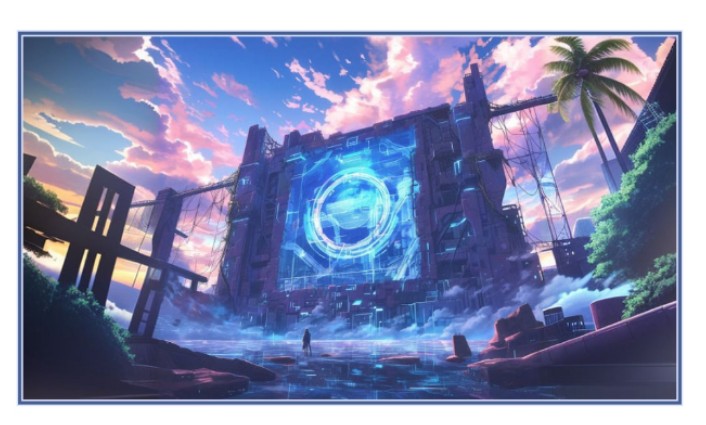From Concept to Screen: The Creative Process of a Video Producer
In the world of digital media, a video producer plays a crucial role. They bring stories to life through videos. This person manages everything from planning to final edits.
The video producer’s responsibilities go far beyond just operating a camera. They must be able to effectively convey a message through visual storytelling. They have to make sure that the final product meets the client’s expectations and objectives.
In this article, we will explore the creative process of a video producer in making a video that captivates the audience and effectively delivers the desired message.
Idea Generation
Idea generation is the spark that begins the video production process. It’s about brainstorming concepts that align with the client’s goals while being compelling to the audience. This phase involves a lot of creativity and open-mindedness, as the best ideas often come from thinking outside the box.
At this stage, the video producer might use a variety of techniques to come up with ideas. T such as mind mapping, looking at previous successful videos, or even holding a team brainstorming session. It’s crucial to consider the target audience and the message that needs to be conveyed. This ensures that the ideas generated are not only creative but also relevant and impactful.
Concept Development
Once the brainstorming is done, it’s time for the concept development phase. This is when the video producer and the production department sit down to pick the best idea. They think about how to turn this idea into a great video that people will love.
First, they create a plan that outlines the video’s storyline and visuals. They ask questions like, “What should happen in the video?” and “How can we make sure it tells the client’s message?” This helps everyone in the production department understand what they need to do.
Then, they decide on the details like where to shoot the video and what kind of music or voices to include. They make sure everything fits together nicely.
Scriptwriting
Scriptwriting is like putting your ideas down on paper, but for videos. It’s when you write the words that will be said and describe what will happen during the video. This part is crucial because it helps everyone on set production know what to do and when to do it.
The scriptwriter has to think about how to make the story interesting and easy to follow. They work hard to make sure every word and scene adds to the story and keeps the audience watching. The script is like a guidebook that the whole team uses to create an awesome video.
Pre-production
Pre-production is the phase where all the planning before shooting the video takes place. This makes sure everything is ready for the big day of filming.
One key step is to hire a podcast editor who will polish the audio to make sure it sounds perfect. This is essential if the video includes interviews or voiceovers.
Other tasks in pre-production include location scouting, casting actors and presenters, and creating a shot list. The shot list outlines all the shots needed for the video, making sure that every moment is captured on camera. This stage is crucial as it sets the foundation for a successful shoot day.
Production
The production phase is when the action happens, bringing the script to life. Cameras start rolling, capturing every planned scene with the actors, scenery, and props all working together. It’s a busy time filled with excitement as the crew and director work to make sure every shot is perfect.
During this phase, communication and collaboration are key. Everyone on set, from the lighting technicians to the makeup artists, plays a crucial role in making the video look amazing. The director guides the team, ensuring that each scene aligns with the vision laid out during pre-production.
Finally, it’s a race against the clock, as the team aims to stick to the schedule while dealing with any unexpected challenges.
Post-production
Post-production is the final step in the video-making process where everything comes together. At this stage, the video producer and editing team are working diligently to assemble the filmed footage. This is to incorporate special effects, transitions, and music to enhance the storytelling with the help of video editing software or cloud-based online video editor tools. They carefully review each scene, making edits to ensure the video flows smoothly from start to finish.
The editing team also focuses on color correction and sound design during post-production. This is crucial for creating a visually stunning and audibly clear video that captures the audience’s attention. The producer reviews the final version, making any necessary adjustments to deliver a polished video that meets the client’s expectations and objectives.
Distribution
Distribution is the phase where the completed video reaches its audience. It’s about finding the best platforms to showcase the video, ensuring it gets seen by as many people as possible. This might include social media, YouTube, the client’s website, or even TV channels depending on the project’s scope.
The video producer works to understand where the target audience spends their time and tailors the distribution strategy accordingly. They also consider the video’s format and length to fit each platform’s requirements.
Reflection and Improvement
Once the video reaches its audience, it’s time for the team to reflect on the project. They review feedback from viewers and the client to understand what worked well and what didn’t. This step is essential for learning and growth, helping the team to improve their skills and processes for future projects.
Gathering insights from the project allows the team to identify areas for improvement. They discuss the challenges faced during production and brainstorm solutions to avoid similar issues in the future.
The Creative Role of the Video Producer in Crafting Stories
The role of a video producer is challenging yet incredibly rewarding. They turn creative ideas into engaging stories that capture the audience’s imagination. Each project is a new adventure, full of learning and opportunities to innovate.
Good video producers listen carefully to their team and clients. They solve problems and make sure every video has a clear message. In the end, their work connects people with stories worth sharing.
Every video is a chance to learn something new. By reflecting on feedback, video producers grow stronger in their craft.
If you find this article helpful, you may visit our blog for more content.
